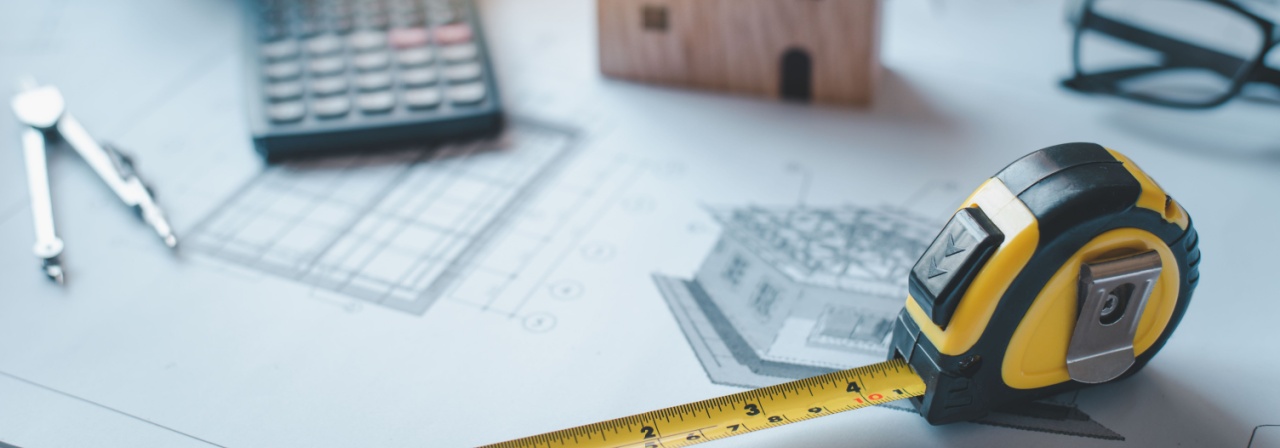It may seem unlikely, but Uncle Sam fully supports your efforts to turn your home into a cozy paradise. That’s right—the government can be your partner in enhancing your home’s livability. By making thoughtful choices, you can upgrade your home and get back some back come the tax season. Dig in to learn how to upgrade your home on the government’s dime.
Energy Efficiency Upgrades
Uncle Sam can reward your efforts to improve your home’s energy efficiency by footing up to 30% of the qualified home upgrades. Eligible upgrades include installing new systems and structure improvements.
To kick off the process, you need a home energy audit, and the government offers a tax credit of up to $150 if you hire a qualified home energy auditor.
Replacing old doors and windows with energy-efficient models improves the home’s insulation and lowers heating bills. Installing ENERGY STAR’s most efficient windows and skylights may reduce installation costs by up to $600.
You may save a further $250 for each of their highest-rated doors you install and up to $2,000 by upgrading to a biomass stove with a thermal efficiency rating of 75% and above.
Renewable Energy Upgrades
You may qualify for the Residential Clean Energy Credit by upgrading your home to use clean energy. Most homeowners gravitate towards solar power because it’s readily available, and solar panels are readily available and easy to install and maintain. Solar heaters are a great choice because they ensure a reliable hot water supply while lowering your water heating bill. Except for fuel cell properties, this tax credit has no dollar limit. As such, it may help you offset the cost of installing the more expensive geothermal heat pumps, valued for their superior home heating and cooling capabilities.
Historic Home Renovations
If you wish to modernize a historic home, you may be eligible for the Federal Historic Rehabilitation Tax Credit. The tax credits lower the cost of bringing a landmark home up to code while maintaining its beauty and charming appeal. Qualified upgrades include replacing the dated plumbing system and deteriorated structural parts such as beams, posts, and stairs.
Medically Necessary Improvements
Have someone living with a disability in your household? You can renovate your home to accommodate these needs and write off the costs as a medical expense. The amount you can write off depends on whether the home’s value increases following the upgrades.
Eligible upgrades include modifying smoke detectors to accommodate the needs of those with disabilities. Others include installing smart monitoring systems, grading the grounds to create accessible pathways, and modifying bathrooms to prevent slip and fall accidents.
Home Office Upgrades
Do you have a dedicated home office? You may upgrade and modernize the space and write off the cost as tax deductions. However, the amount to write off depends on the portion of the house you use exclusively for business. For instance, if your office covers 20% of the home, you may only write off 20% of the cost of renovating the entire house.
Eligible home office upgrades include installing a security system and repairing damaged wiring and electrical outlets. Others include upgrading the office windows to reduce noise and improve insulation.
Rental Property Upgrades
Do you rent out a portion of your home to boost your income? You can renovate the space to enhance your tenant’s comfort and deduct the repair expenses from the taxable rental income. The tax write-off seeks to help you address issues in the rented portion of the house before they spread to the rest of the house. Therefore, you may write off the cost of repairing the bathroom and improving insulation in the tenant’s area.
Capital Improvements
Capital improvements are tax-deductible expenses, but only if they meet the three criteria set by the IRS. The tax authority considers home improvement as upgrades that boost the property’s value, prolong its lifespan, and help it accommodate new uses. Although tax-deductible, capital improvement expenses aren’t deducted from your taxable income as a lump sum. Instead, they’re deducted yearly over 27.5 years.
Don’t let financial constraints keep you from upgrading your home. Take advantage of tax-deductible home improvements and create your dream home without breaking the bank.


